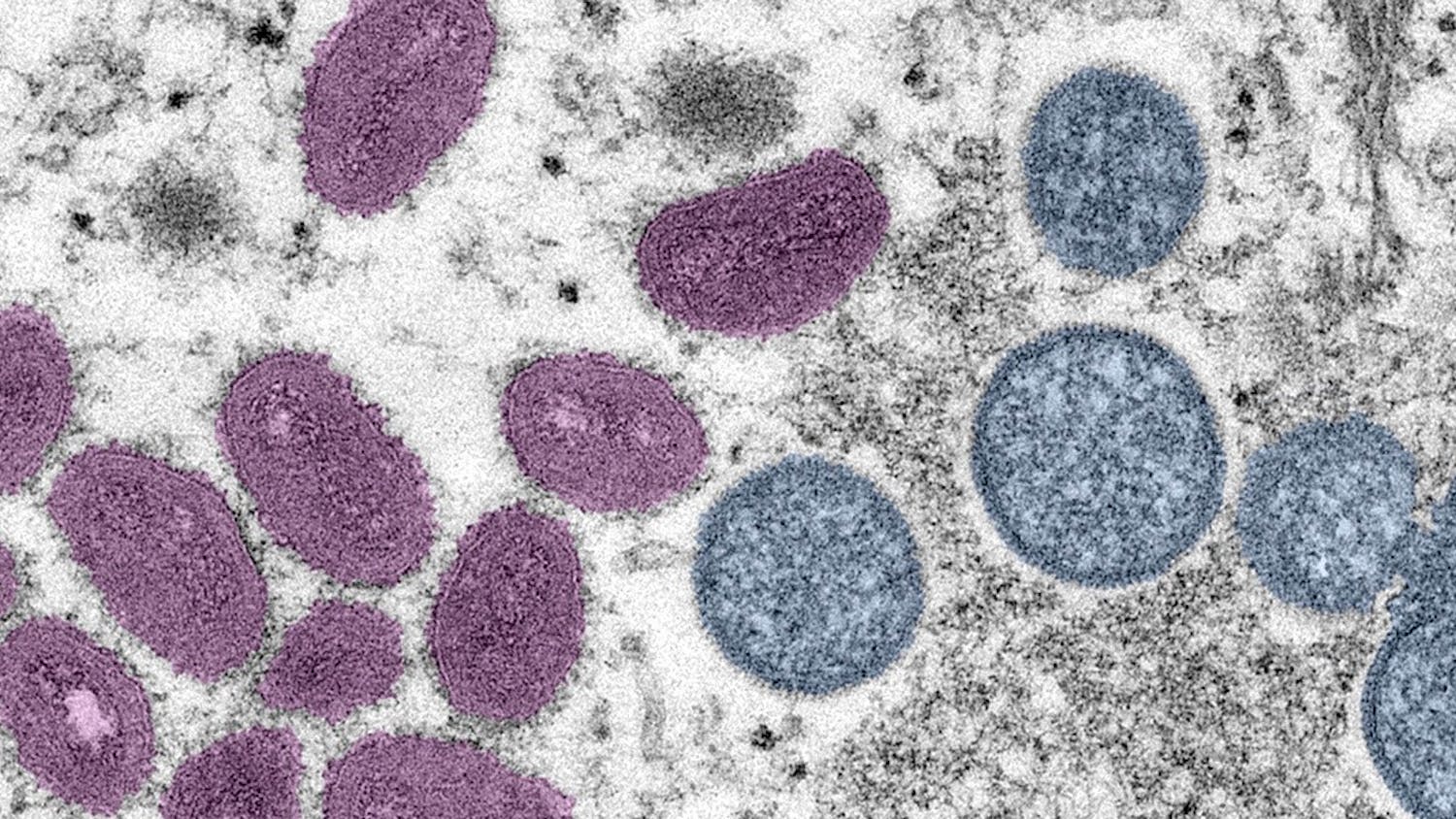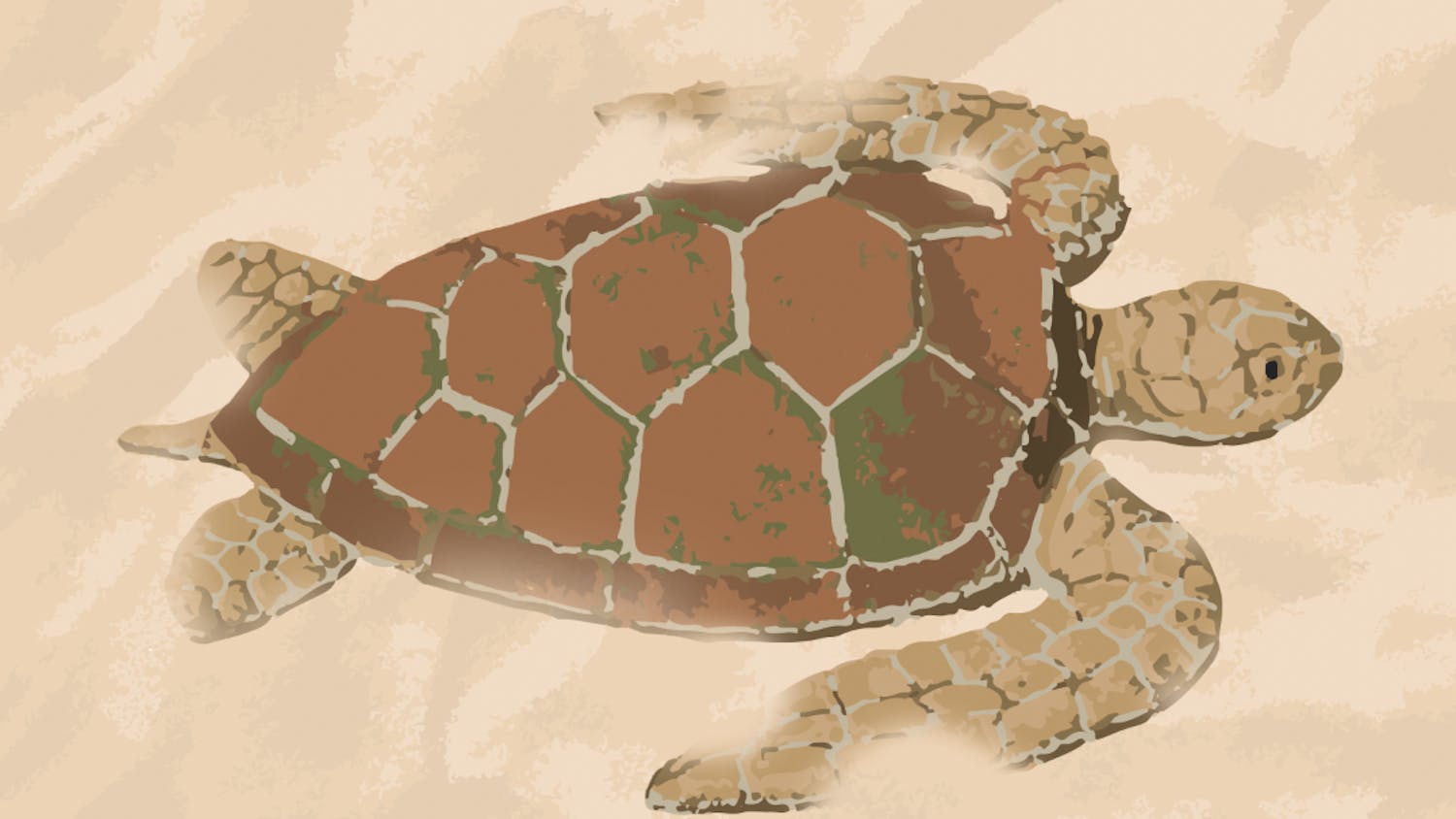Life is full of unexpected happenings, and many people have been quoted at the end of their lives about the things they regret not doing. Wouldn’t you love to know how much life we have left? It’s amazing — or terrifying, depending on where you stand — that science is actually getting close to being able to determine how long each of us will live.
Genetics research has made huge leaps since the human genome was mapped out more than a decade ago, and new advances are made every day in understanding how our bodies work and just how much DNA controls our lives. A study by Brigham Young University biologist Jonathan Alder has recently made connections between the chronic obstructive pulmonary disease emphysema and a mutation in the gene that regulates telomeres.
Telomeres are the protective caps at the end of cells. Every time DNA gets replicated, these structures shorten. When we are born, telomeres are long and shorten progressively throughout our lives. But these strands are finicky. When they run out, the cell deactivates and dies, which can lead to disease and premature aging.
Telomeres that keep their length and overproduce can cause the formation of cancerous growths. It’s a true Goldilocks predicament if there ever was one.
Discoveries like this are made almost daily. We are slowly learning more information about ourselves than we had for the greater portion of human existence.
Presently, doctors and scientists can only give estimates based on observations and patterns as to how long of a life span we have. But they are getting close.
In our lifetime, we have seen so many technological advancements that those from only a few generations before us would have only encountered in their wildest imaginations.
And every day they surprise us with new findings. It won’t be long before we know with precision when we will take our last breaths. Pardon the cliche, but the jury is still out on whether that’s a good thing.
Until now, the unknown factor of life is one that has allowed for a certain mystery — as well as a certain feeling of invincibility. We’ve been able to push back anything that we feel isn’t absolutely essential. We have felt as though we could do anything, as if we had all the time in the world, even while knowing this one life is limited.
Will it make a difference when the day comes that we find out exactly how long we have to live? Will we be crippled by the knowledge that our days are literally numbered, and that anything we try to do about it will not make a change? Will we really make the most of it and do the best we can to leave our mark on this place? Or will it have any effect at all?
Until then, we will have to keep living with the same uncertainty that is at times thrilling and often daunting.
For now, we don’t know how much time we have left, so I suggest we use it wisely.
Science will continue to surprise us even more each day. Regardless of whether we know how much we’ve got, we should enjoy and make the most of our time.
Sol Canal is a UF English junior. Her column appears on Mondays.
[A version of this story ran on page 7 on 2/9/2015 under the headline “How much difference will advances in science make?"]





